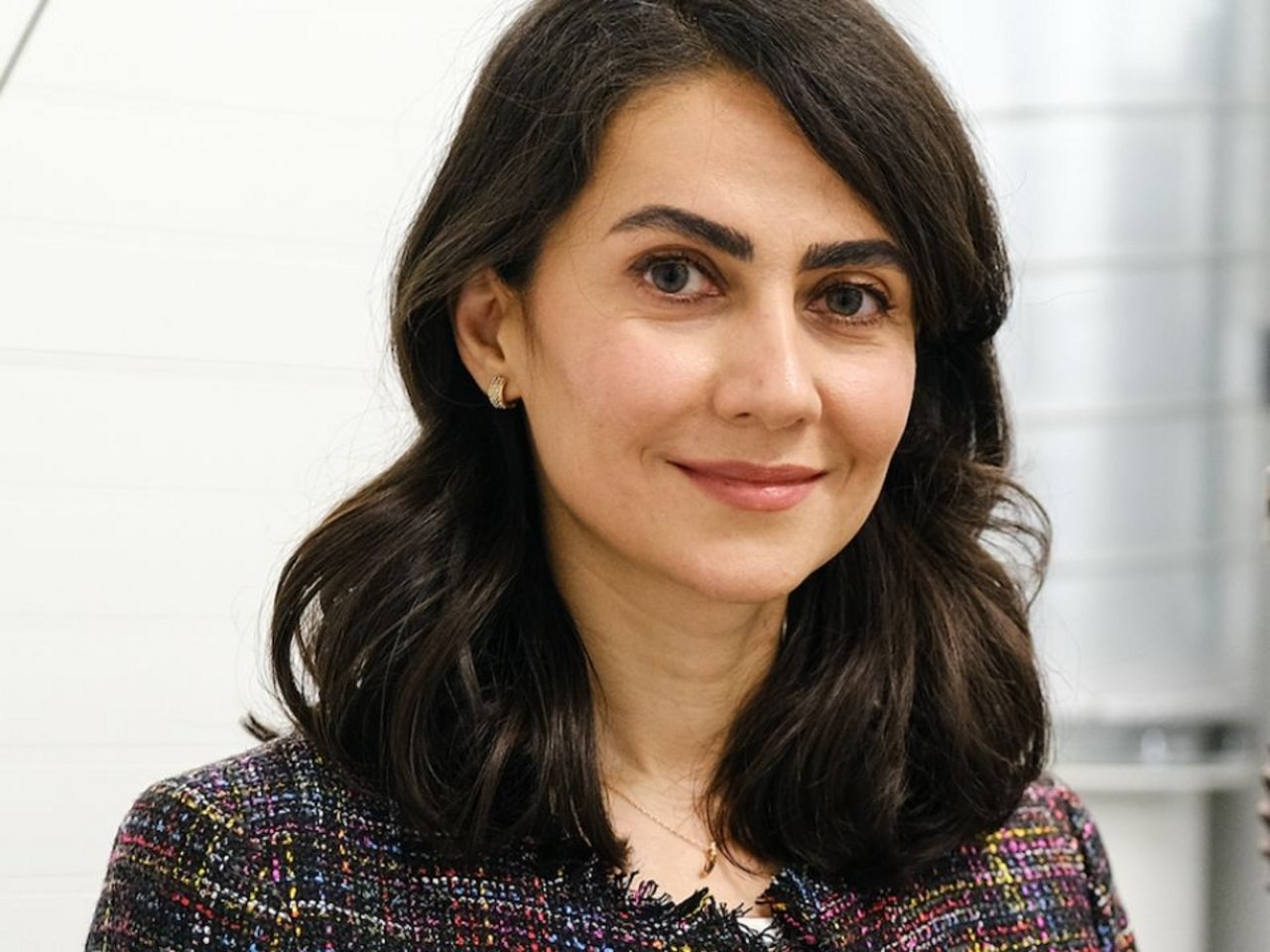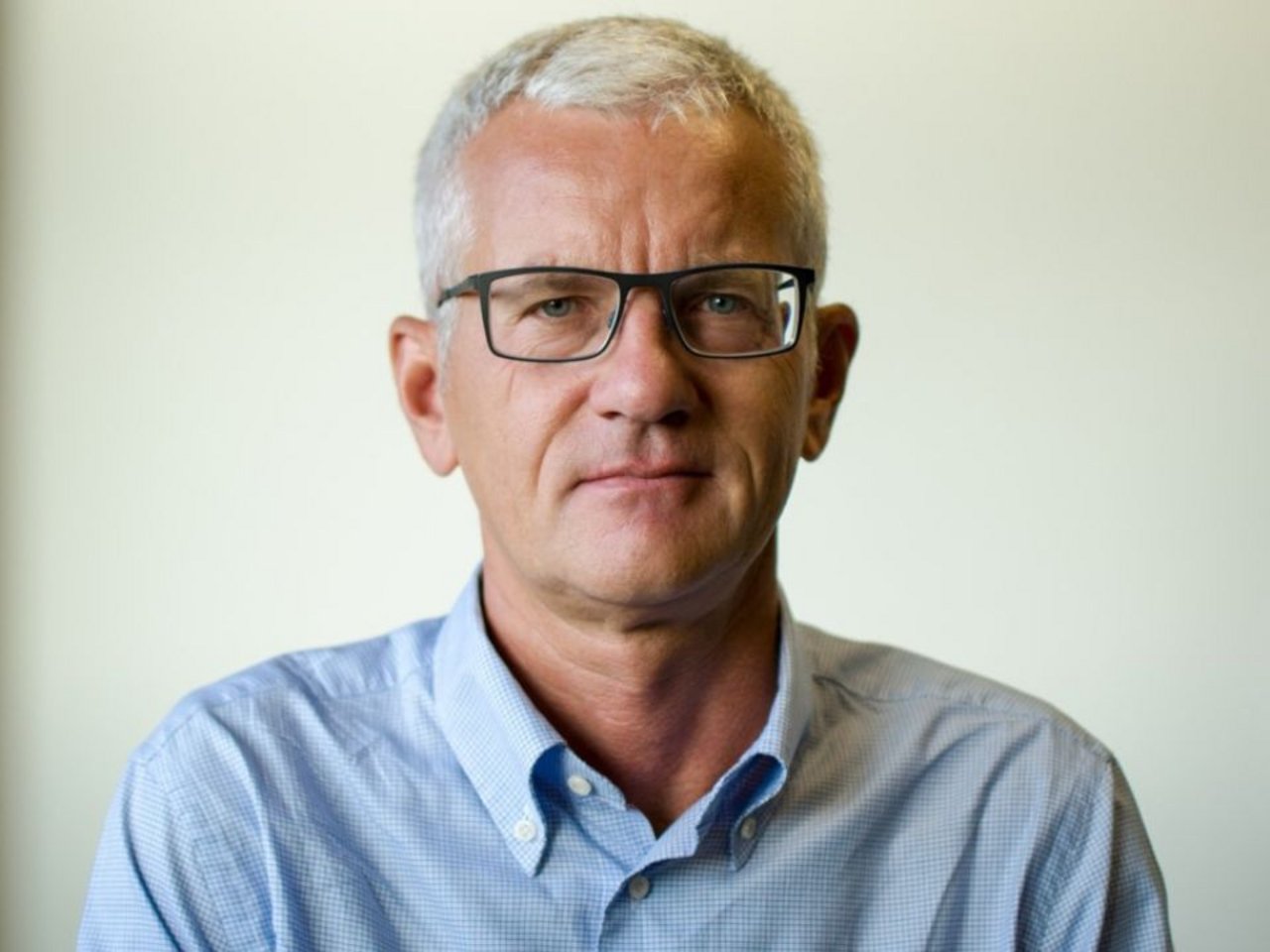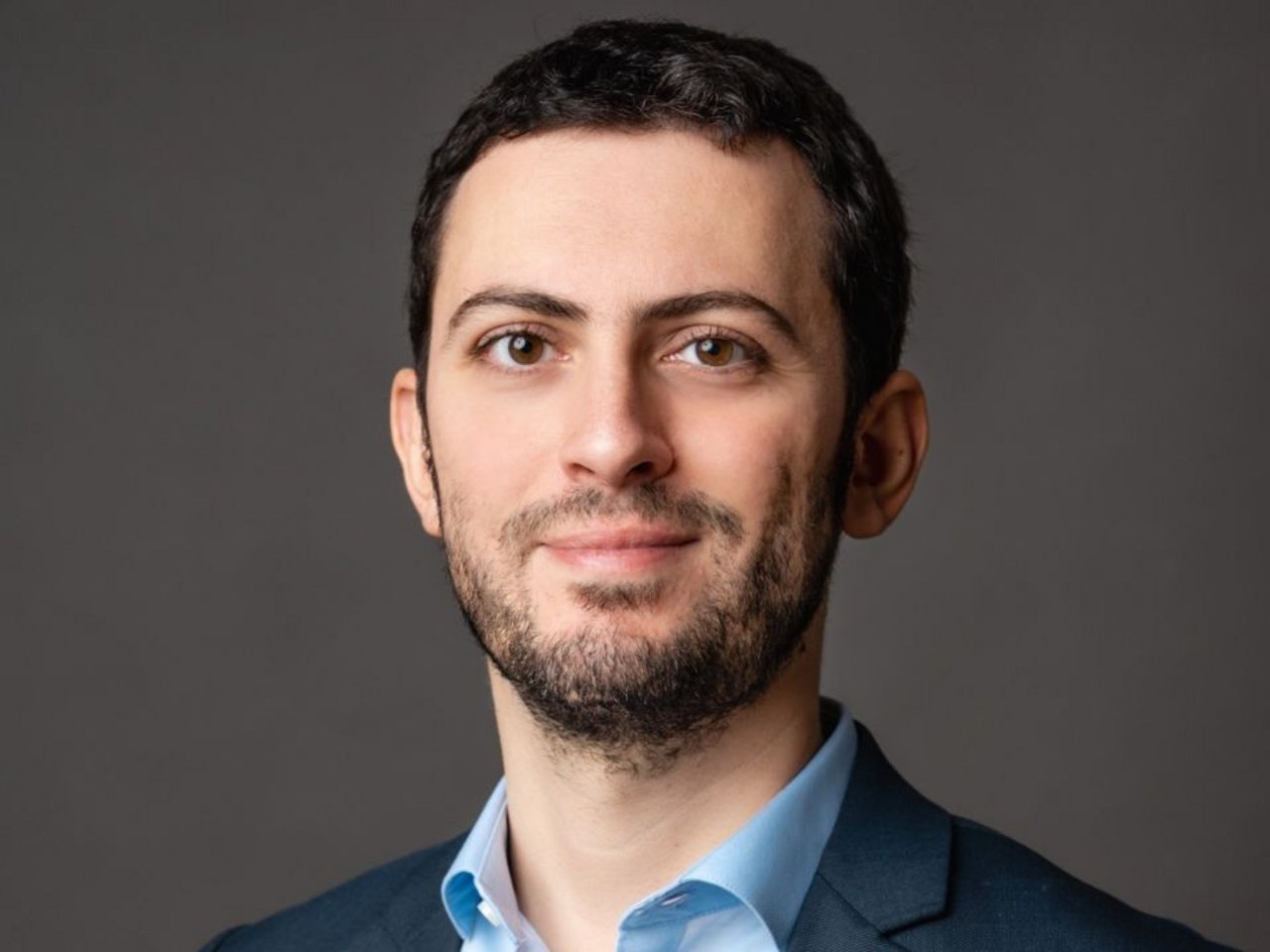4 ERC Proof of Concept Grants Awarded to Politecnico di Milano
Four researchers from the Politecnico di Milano have secured funding for an ERC Proof of Concept (PoC). The European Research Council (ERC) supports outstanding projects in cutting-edge fields, with the aim of bringing initial results of basic research to the market through the ERC PoC grant.
The projects CoRe, NEURO2D, AXESS and CATSYNEX represent a third of the 12 Italian projects funded in the first round of this European call, which has a budget of 30 million euros.
With these newly awarded ERC PoCs, Politecnico di Milano's lead grows even further: the university confirms its position as the top Italian university for funding received under the Horizon Europe programme, with 284 projects totalling €137,712,097.
Under the Horizon Europe 2021-2028 framework programme, Politecnico di Milano has so far secured 32 ERC projects totalling €33,577,371.
Sara Bagherifard, Associate Professor in the Department of Mechanical Engineering, received funding for project CoRe. This project aims to innovate the repair and regeneration of mechanical components using Cold Spray (CS) technology, incorporating analytical models and artificial intelligence. This innovation will significantly reduce post-processing, material waste and delivery times in the manufacturing industry, contributing to sustainability and accessibility in repairs through fully automated tools.
Daniele Ielmini, Full Professor in the Department of Electronics, Information and Bioengineering, received funding for project NEURO2D. This project aims to develop highly energy-efficient neuromorphic systems for processing electrophysiological signals (SEF), such as electroencephalograms (EEG) and electromyograms (EMG), using 2D semiconductors that are just one molecule thick. These innovative devices will enable the extraction of crucial information from SEF signals with low power consumption and high accuracy, facilitating the development of minimally invasive biomarkers for advanced medical diagnostics and brain-computer interfaces (BCIs).
Francesco Topputo, Full Professor in the Department of Aerospace Science and Technology, received the prestigious funding for project AXESS to validate autonomous satellite technologies. The New Space industry is set to become the largest in human history. The increase in space probes necessitates the development of autonomous vehicles that require thorough empirical testing in representative environmental conditions. AXESS aims to develop a Testing-as-a-Service platform dedicated to the systems and technologies of miniaturised spacecraft. In this context, an integrated testing environment will be developed, allowing for X-in-the-loop experiments with a flexible and agile approach, enabling automated tests on space hardware. AXESS will allow users to design, debug and fine-tune products throughout all stages of the system development life cycle. The project has already attracted interest from leading companies in the sector as well as space agencies.
Gianvito Vilé, Associate Professor in the Department of Chemistry, Materials, and Chemical Engineering "Giulio Natta”, received funding for project CATSYNEX. This project aims to produce single-atom catalysts on a kilo-lab scale, with the goal of improving industrial catalysis. These catalysts are among the most promising materials in the state-of-the-art fine chemistry and could enable more efficient, safe, economical and environmentally-friendly synthesis of pharmaceutical compounds, as they are recoverable and reusable solid catalysts that minimise the use of critical metals.




